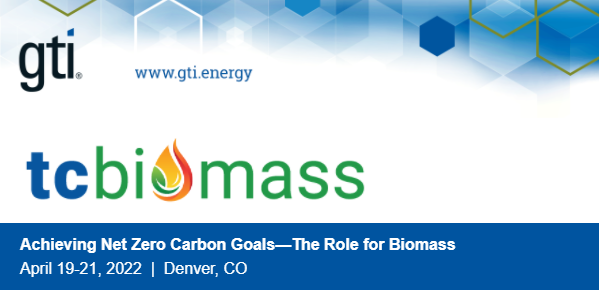 CPFD will be speaking at tcbiomass, April 19-21. CPFD is pleased to be a Bronze Sponsor at the event and will be staging an exhibit.
CPFD will be speaking at tcbiomass, April 19-21. CPFD is pleased to be a Bronze Sponsor at the event and will be staging an exhibit.
Peter Blaser (Vice President of Operations) will present on “The role of GPU computing in accelerating commercialization and scale-up of thermochemical conversion processes”. To view the presentation slides, please click here.
Simulations of gasification and pyrolysis processes are inherently complex, involving multiphase hydrodynamic, thermal and chemical reaction mechanisms. Added to this complexity is the variability of feedstock structure and composition, regardless of whether the feed is biomass or waste-derived. Due to these complexities, simulation has had a smaller impact on the commercialization and scale-up of thermochemical conversion processes than that realized in other chemical engineering applications.
GPU computing, originally used for computer graphics, is at the center of a parallel computing revolution that has occurred over the last decade. Until the 2010s, parallel computing was almost exclusively undertaken using clusters of computers, and later multiple cores on those computers, collectively called CPU parallelization. Modern GPUs have thousands of compute cores (compared with tens in a CPU), and are rapidly overtaking CPU clusters for HPC applications and artificial intelligence / machine learning (AI/ML) tasks.
This presentation explores how advances in GPU computing have impacted 3D, transient simulations of thermochemical conversion processes, resulting in orders of magnitude speed-ups including a 10x speedup in the past year alone. While speed enables faster solutions, and marginally faster time-to-market for new technologies, the real benefit is that previously intractable problems are now possible to solve with meaningful resolution (spatial, temporal, physical model complexity, chemical reaction mechanisms, etc.).
Sample case studies using the commercial Barracuda Virtual Reactor® software are shown for the gasification of biomass and municipal solid waste streams. Implications on the breadth of R&D activities, and the acceleration of technology development, commercialization, scale-up and IP protection are discussed.
About Peter Blaser
Peter is VP Operations at CPFD with 20+ years’ experience developing and applying specialized computational fluid dynamics (CFD) technologies. Peter is passionate about removing the guesswork surrounding the design and operations of fluid-particle processes through intelligent use of digitalization technology. Peter holds a Master’s of Applied Science degree from the University of Toronto.
About tcbiomass
tcbiomass focuses on the science of thermochemical conversion of biomass and municipal solid waste (MSW) to renewable gas (RNG), liquid fuels, and chemicals. This international event draws attendees from around the world, with past conferences including representatives from Brazil, China, Finland, Germany, India, New Zealand, South Africa, Sweden, and over 20 other countries.
